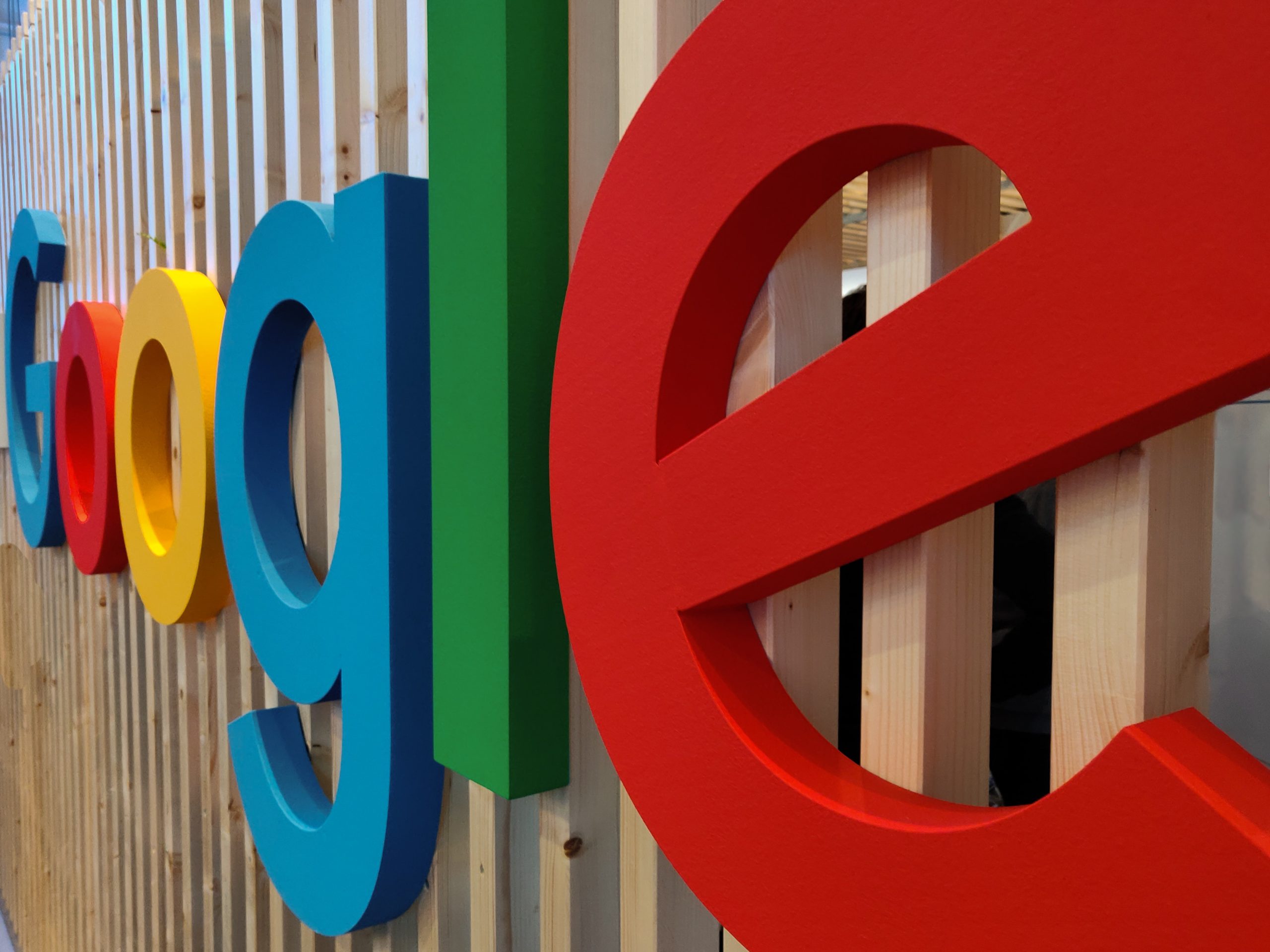Google recently announced that the company will enact a new consumer privacy measure that will affect users of Android devices. Let’s take a closer look at what Google announced and why the news matters to advertisers.
What did Google announce?
Google said the company will limit the sharing of data on smartphones running its Android software. According to a blog post, “Specifically, these solutions will limit sharing of user data with third parties and operate without cross-app identifiers, including advertising ID. We’re also exploring technologies that reduce the potential for covert data collection, including safer ways for apps to integrate with advertising SDKs.”
What does Google’s announcement mean?
The announcement means that Google will make it harder for advertisers to track user behavior as they use Android devices to browse different sites. Advertisers know whether users clicked on an ad or bought a product when they browse the web because of the Advertising ID tracking feature. Google will eliminate identifiers used in advertising on Android for everyone, and this includes Google, too. By the way, Google has already allowed users to opt out of personalized ads by removing the tracking identifier.
Didn’t Apple just launch something similar to what Google is doing?
Indeed, in 2021, Apple launched a privacy control known as Application Tracking Transparency (ATT). This requires apps to get the user’s permission before tracking their data across apps or websites owned by other companies for advertising, or sharing their data with data brokers. This move, done with little advance notice, curtailed the ability for advertisers and ad platforms such as Facebook to target digital ads across the web. Facebook in particular has struggled to figure out how to come up with an effective antidote to ATT. The company recently suffered a momentous drop in its market capitalization partly because of its difficulties adapting to life post-ATT.
Won’t Google’s Android Privacy Sandbox Hurt Google?
Not likely. Google has a huge advertising business to protect. The company is not going to simply remove ad targeting without coming up with another way to track user behavior. In fact, Google is developing alternative tools in its Privacy Sandbox to help businesses serve up targeted content in a more privacy-conscious way. They include:
- Topics, for targeting ads.
- Fledge, for remarketing new ads.
- Attribution reports, for telling advertisers which ads work without compromising consumer privacy.
Google will probably have even more control over data than it ever has. And it will protect the first-party data it collects through Google Search, the Google Knowledge Panel, and YouTube.
When will the Android Privacy Sandbox Take Effect?
Not for at least two years. Google makes so much money from advertising that the company is going to work very closely and slowly with advertisers to introduce a privacy control without rocking the boat. Google told The New York Times, “We realize that other platforms have taken a different approach to ads privacy, bluntly restricting existing technologies used by developers and advertisers. We believe that — without first providing a privacy-preserving alternative path — such approaches can be ineffective and lead to worse outcomes for user privacy and developer businesses.” And just in case you didn’t get the point, Google’s post hyperlinked to an article about Application Tracking Transparency.
Why is Google even doing this at all? Why not keep things the way they are?
Google is getting out in front of regulators and responding to public sentiment. The Big Tech companies are under increased scrutiny for the amount of data they collect about people, and Google probably more so than others because of how popular Google Search is. Legislators around the world are leaning on Big Tech to become more privacy conscious. Google is making changes on its own terms before those changes are dictated to Google.
What should advertisers do?
- Do your homework. Stay on top of developments by following Google’s public blog posts.
- Work with your advertising agency to understand what’s happening and how you may be affected. That’s exactly what our clients are doing with True Interactive. That’s what we’re here for.
- If you are succeeding with Google Ads, stay the course. Google is enduring an imperfect transition right now toward a privacy-world, but as noted, Google is going to protect its turf.
- Do invest in ways to leverage your own (first-party) customer data to create personalized ads. That’s because it’s clear that between Apple and Google, third-party data tracking is going to become less effective. We can help you do that.
- Consider ad platforms such as Amazon Advertising and Walmart Connect, which give businesses entrée to a vast base of customers who search and shop on Amazon and Walmart. True Interactive offers services on both platforms in addition to our longstanding work on Google, Bing, and other platforms.
Contact True Interactive
To succeed with online advertising, contact True Interactive. Read about some of our client work here.
Photo by Kai Wenzel on Unsplash
